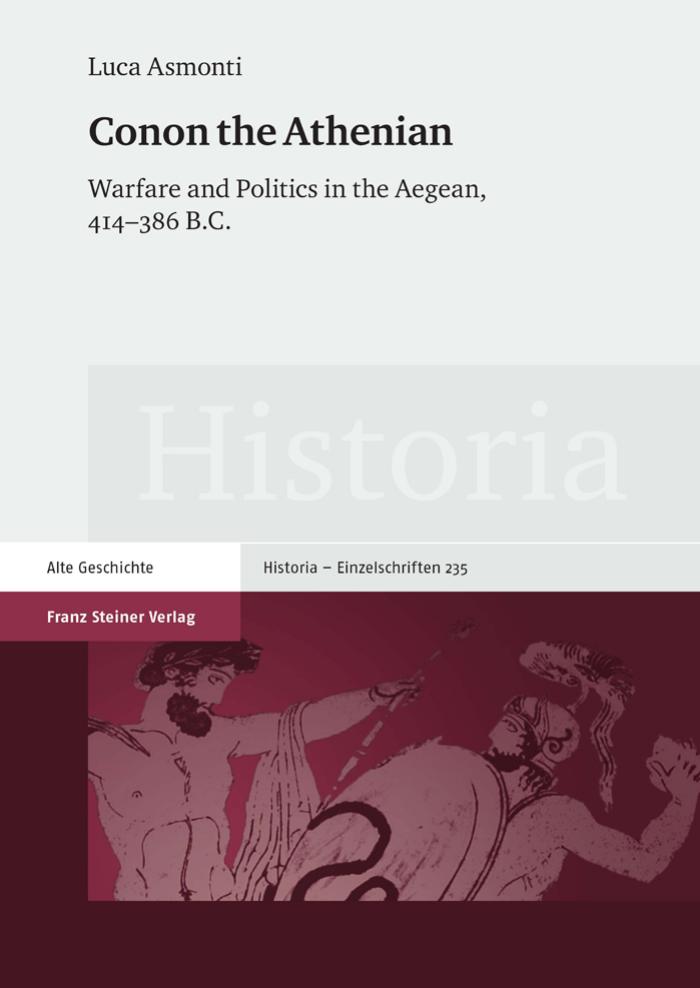

Most ebook files are in PDF format, so you can easily read them using various software such as Foxit Reader or directly on the Google Chrome browser.
Some ebook files are released by publishers in other formats such as .awz, .mobi, .epub, .fb2, etc. You may need to install specific software to read these formats on mobile/PC, such as Calibre.
Please read the tutorial at this link: https://ebookbell.com/faq
We offer FREE conversion to the popular formats you request; however, this may take some time. Therefore, right after payment, please email us, and we will try to provide the service as quickly as possible.
For some exceptional file formats or broken links (if any), please refrain from opening any disputes. Instead, email us first, and we will try to assist within a maximum of 6 hours.
EbookBell Team

0.0
0 reviewsThis book offers a new study of the political and military history of the Greek Aegean between the Peloponnesian War and the Peace of Antalcidas. Following the career of Conon, the Athenian admiral who became commander of the Persian fleet after his city's defeat by Sparta, this volume offers a new perspective on a very important period of Greek history by examining the impact of the rivalry between Persian satraps in the affairs of the Hellenic cities, the development of new military practices and the linkage between war, politics and society. Moving from an analysis of Conon's career in the course of the Peloponnesian War, Luca Asmonti considers the transformation of the duties of military commanders and their growing political and diplomatic responsibilities. He argues that Conon was hired by the satrap Pharnabazus to carry out a thorough reform of the Persian fleet inspired by the new 'grand strategy' which had developed in the course of the conflict between Athens and Sparta. Following Conon's activity after his return to Athens and his failure to give Athens a leading role after Sparta's defeat at Cnidus, Asmonti discusses how the Persian satraps used the politics of liberty and autonomy to stabilize the turbulent regions of Asia Minor and keep the world of the Greek city-states divided.